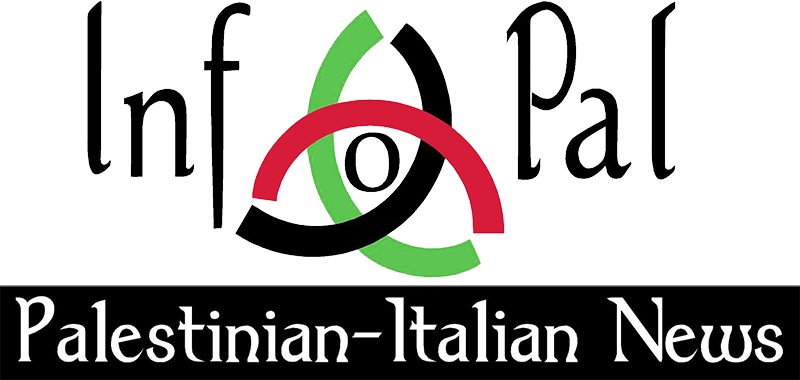Calls from UK, US to stop arming Saudis, sanction Alkhalifa
In a bizarre move the British foreign secretary, Boris Johnson, has defended UK arms sales to Saudi Arabia, saying the Saudi-led bombing campaign in Yemen is not “in clear breach” of international humanitarian law, despite turning the country into rubble and killing more than 10,000 civilians including over 2000 children. Yesterday The Parliamentary Committees on Arms Export Controls (which is made up of four parliamentary committees – business, innovation and skills; defence; foreign affairs; and international development) issued a draft report that said: “The weight of evidence of violations of international humanitarian law by the Saudi-led coalition is now so great, that it is very difficult to continue to support Saudi Arabia.” The committee said it seemed “inevitable” that such violations had involved arms supplied by the UK which would mean it was in violation of its own legal obligations. The draft report concluded that Saudi assurances were not sufficient and the UK should suspend exports until an international and independent inquiry could establish the facts. His statement came after a bipartisan group of 64 Members of US Congress led by Ted W. Lieu (D | Los Angeles County) sent a letter to President Barack Obama urging him to postpone the sale of new arms to Saudi Arabia. The letter cites Amnesty International’s documentation of at least 33 unlawful airstrikes by the Saudis across Yemen, missions that “deliberately targeted civilians and civilian facilities, such as hospitals, schools, markets, and places of worship.” “The attacks may amount to war crimes,” the letter cautions. It also came few weeks after the UK’s FCO had explained that it did not carry out an assessment of whether the Saudis had committed war crimes in Yemen.
Meanwhile today’s editorial of the New York Times called for a serious change in US policy towards the Alkhalifa hereditary dictatorship. It said: “Bahrain’s unrelenting repression of critics, including the dissolution of the main opposition bloc, Al Wefaq, in June, should prompt the Obama administration and the next American president to seriously consider finding alternative hubs in the region for its military personnel. There may be no ideal options. But continuing to rely on rulers who have responded to dissent with torture, tear gas, jail cells and travel bans is not a defensible long-term strategy.” This powerful stand came two days after the newspaper had published an article by Nabeel Rajab, the President of the Bahrain Centre for Human Rights titled “A Letter from Bahrain’s jails”. This letter has added one more charge to his long list of accusations; writing an article in The New York Times. In the letter, Nabeel presented a chronology of abuses by the regime for tweeting against the Saudi-led aggression on Yemen, meeting US Secretary of State, John Kerry and criticising the dictator. In the early hours of Monday morning he was taken by the torturers and interrogated harshly about the article and told that an additional charge would be levelled against him for exposing Alkhalifa crimes to the world. The human rights and media worlds reacted angrily and called on the main supporters of the regime in US and UK to lift their support of this antiquated, un-reformable, reactionary and dictatorial rule. When he appeared at the court on Monday on charges relating to his rejection of the Saudi, Alkhalifa war on Yemen his case was postponed until 5th October. 35 NGOs have signed a letter calling for Nabeel’s immediate and unconditional release.
For the week 29th August to 4th September The Bahrain Centre for Human Rights documented at least 18 arbitrary arrests. The Alkhalifa courts sentenced 38 native Bahraini to a total of 197 years in 11 politically-motivated cases. From the town of Jufair three young men on Monday 5th September: Mohammad Dhahi, Jassim Mohmmad and Muhsin Abdulla. From Duraz Town 15 years old Mustafa Jaffar AlMutaghawwi was snatched by masked men and remanded in custody for 15 days. Yesterday Ali Mohammad Ali also from Duraz was snatched by masked Death Squads and taken to the notorious CID torture chambers. Continuing the crackdown on peaceful expression regime’s court imposed one year sentence on Tayba Ibrahim for tweeting. She is a mother of two and has been languishing behind bars for few weeks. Two clerics, Sayed Yassin AlMosawi and Sheikh Aziz AlKhadran have also been given one year jail sentence for attending the peaceful congregation outside the home of Ayatullah Sheikh Isa Qassim. Alkhalifa court also sentenced film producer, Yasser Nasser to one year imprisonment for his participation in the sit-in.
On 1st September Amnesty International issued a statement calling on Alkhalifa to halt immediately their heightened crackdown on peaceful critics and opponents. The call comes after scores of protesters and at least 60 Shi’a Muslim clerics were summoned and arrested in relation to the sit-in in the village of Duraz. Four clerics have been sentenced to between one and two years in prison in relation to the sit-in and nine others remain in detention and are facing trial. Several human rights defenders have also been prevented from travelling outside of Bahrain to take part in human rights advocacy work.
Bahrain Freedom Movement
7th September 2016
